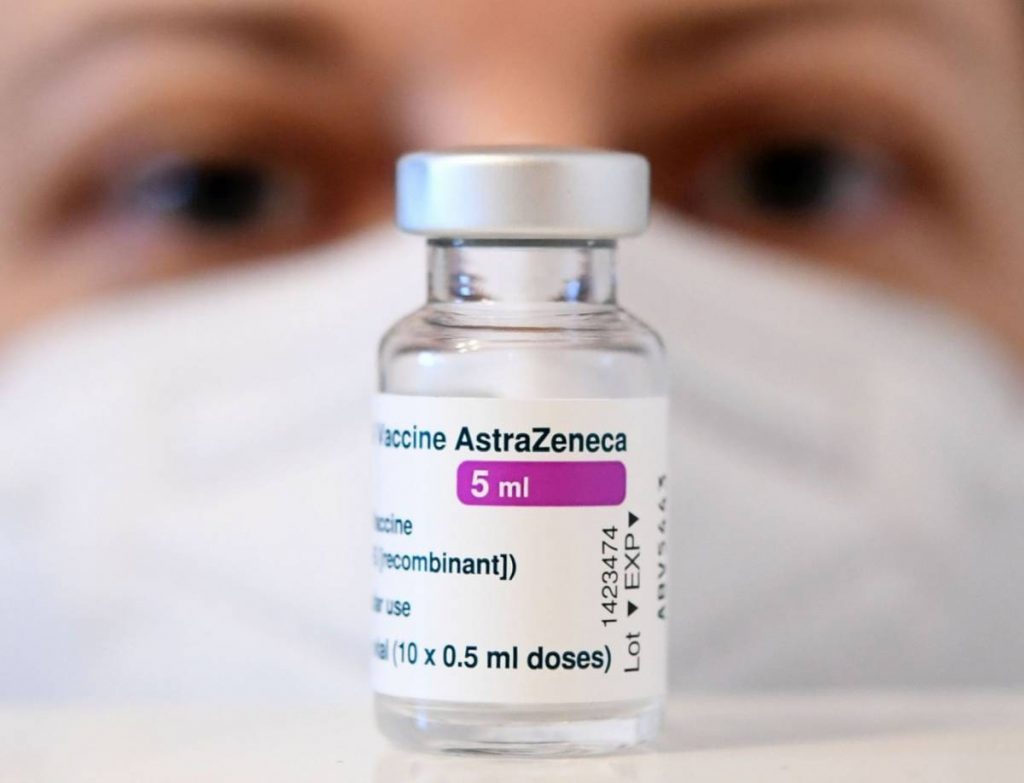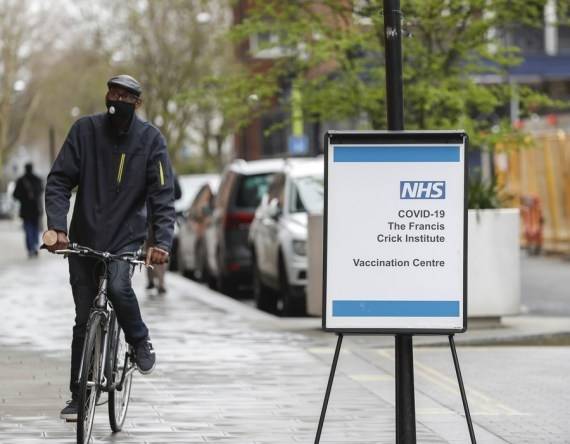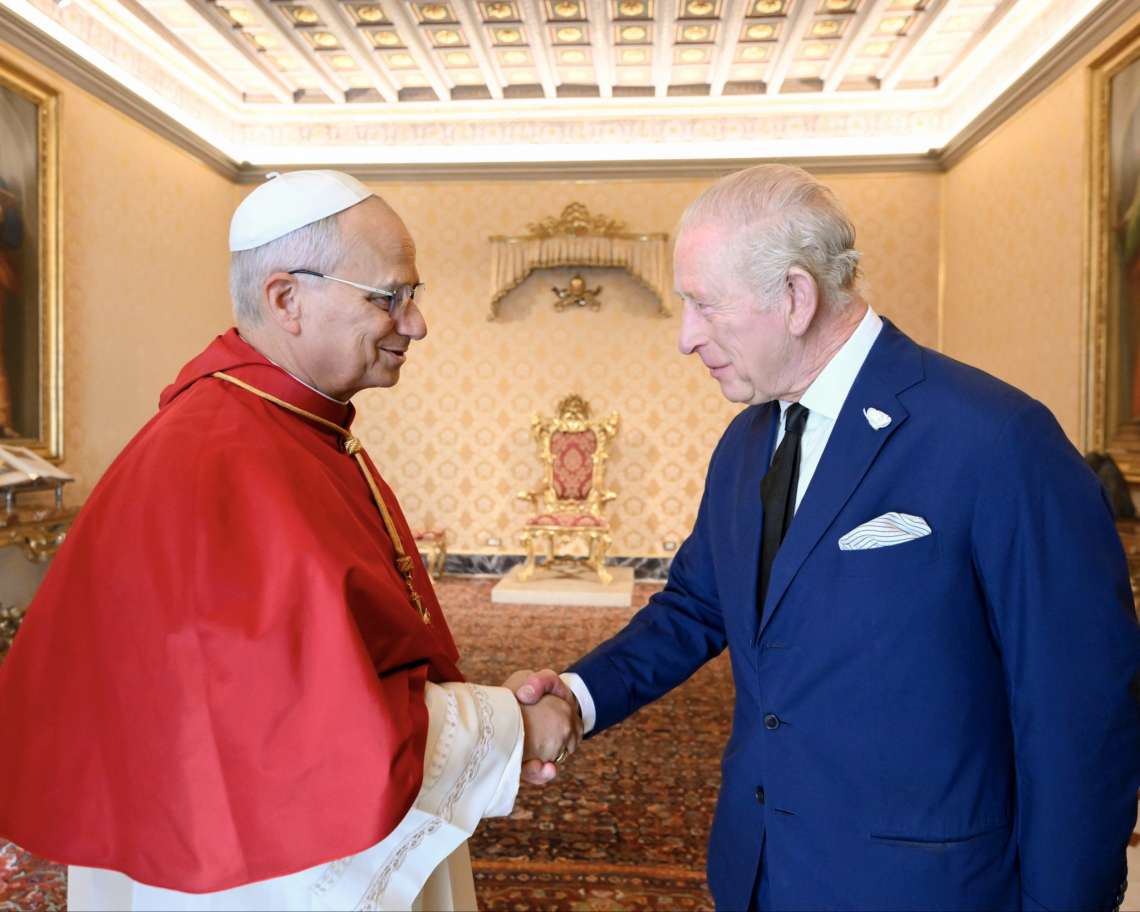Minority ethnic groups in the UK are disproportionately affected by factors that also increase the risk for poor Covid-19 outcomes…reports Asian Lite News.
Minority ethnic groups in general and South Asians, in particular, had a higher risk of testing positive for SARS-CoV-2 and of Covid-19-related hospitalisation, intensive care (ICU) admissions and deaths during the second wave of the pandemic in the UK compared to the first, according to a new observational study of 17 million people.
Led by the London School of Hygiene & Tropical Medicine (LSHTM), the study published in the medical journal ‘Lancet’ on Friday accounted for a large number of explanatory variables, such as household size, social factors and health conditions across all ethnic groups and at different stages of Covid-19, from testing to mortality.

The study that compared with the first wave last year, the relative risk for testing positive, hospitalisation, ICU admission, and death were smaller in the pandemic second wave earlier this year for all minority ethnic communities compared to white people, with the exception of South Asian groups – covering Indians, Pakistanis and Bangladeshis.
“Despite the improvements seen in most minority ethnic groups in the second wave compared to the first, it’s concerning to see that the disparity widened among South Asian groups,” said Dr Rohini Mathur, the study’s lead author. “This highlights an urgent need to find effective prevention measures that fit with the needs of the UK’s ethnically diverse population,” she said.
In South Asian groups, health factors such as BMI, blood pressure, underlying health conditions played the biggest role in explaining excess risks for all outcomes. Household size was an important explanatory factor for the disparity for Covid-19 mortality in South Asian groups only.

“Minority ethnic groups in the UK are disproportionately affected by factors that also increase the risk for poor Covid-19 outcomes, such as living in deprived areas, working in front-line jobs, and having poorer access to healthcare,” Dr Mathur noted.
WHO okays Moderna for emergency use
The WHO has given the go-ahead for emergency use of Moderna’s Covid-19 vaccine. The mRNA vaccine from the US manufacturer joins vaccines from AstraZeneca, Pfizer-BioNTech and Johnson & Johnson in receiving the WHO’s emergency use listing. Similar approvals for China’s Sinopharm and Sinovac vaccines are expected.
Also Read-UK considers abolishing quarantine for Covid contact
Read More-UK considers abolishing quarantine for Covid contact













